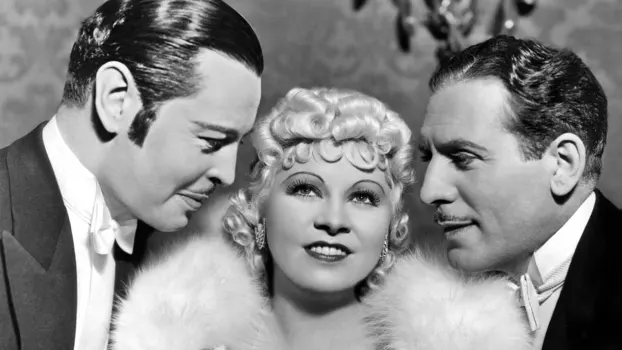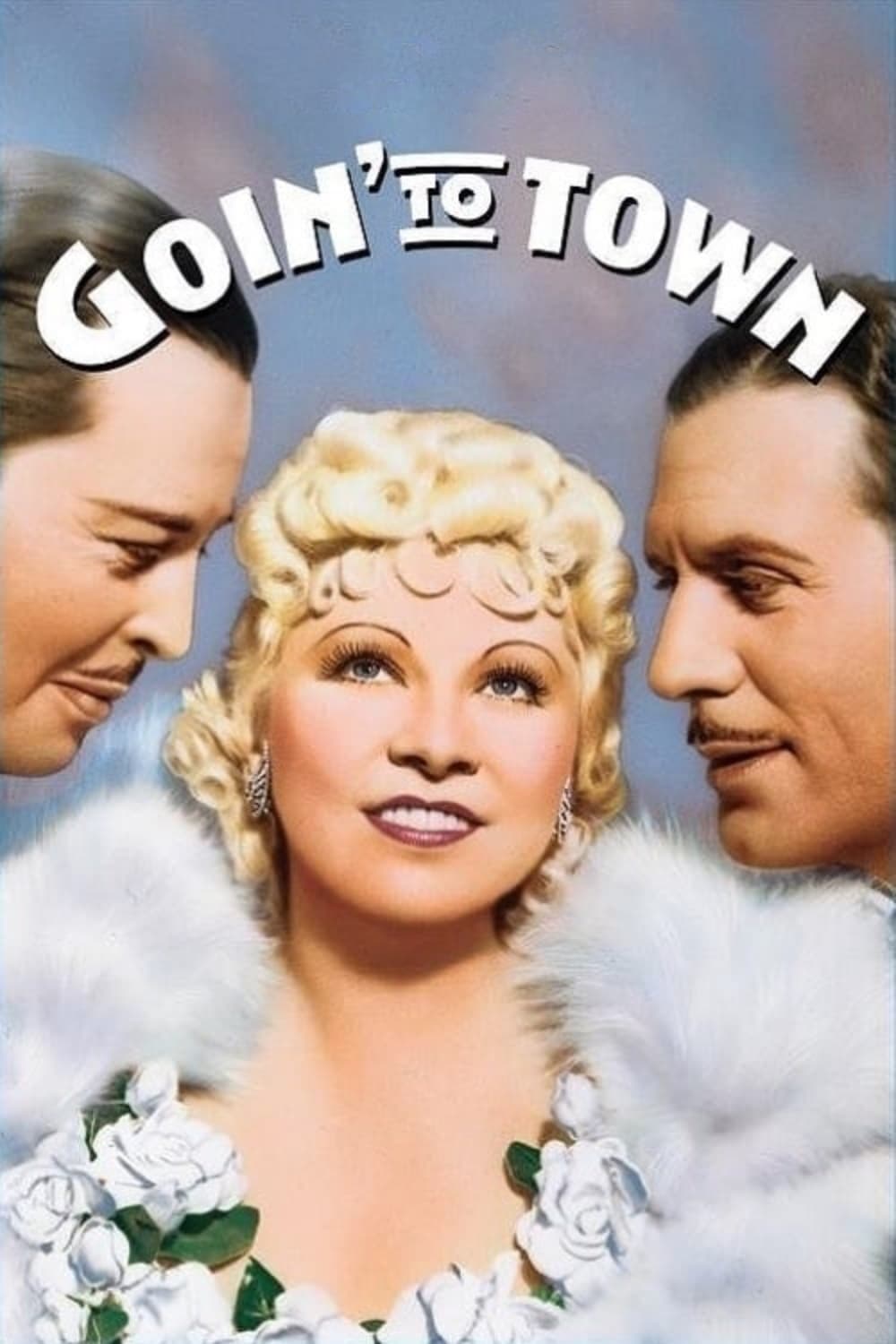Goin' to Town (1935)
April 25, 1935Release Date
Goin' to Town (1935)
April 25, 1935Release Date

Plot.
Where to Watch.
Cast & Crew.

Mae West
Cleo Borden

Paul Cavanagh
Edward Carrington

Gilbert Emery
Winslow

Tito Coral
Taho

Marjorie Gateson
Mrs. Crane Brittony

Alexander Hall
Director

Ivan Lebedeff
Ivan Valadov

Marion Morgan
Writer

Fred Kohler
Buck Gonzales

Monroe Owsley
Fletcher Colton

George B. Dowell
Writer

Grant Withers
Young Stud

Jack Wagner
Writer

Lucio Villegas
Señor Ricardo Lopez

William LeBaron
Producer

Mona Rico
Dolores Lopez

Karl Struss
Cinematographer

Wade Boteler
Ranch foreman

Paul Harvey
Donovan

Joe Frye
Laughing Eagle (jockey)

Luis Alberni
Sr. Vitola

Mirra Rayo
French Maid

Irving Bacon
Cowboy

Stanley Andrews
Engineer
Media.

Details.
Wiki.
Goin' To Town is a 1935 musical comedy film directed by Alexander Hall and written by Mae West. The film stars Mae West, Paul Cavanagh, Gilbert Emery, Marjorie Gateson, Tito Coral and Ivan Lebedeff. The film was released on April 25, 1935, by Paramount Pictures. The film stars Mae West. She used her own voice, prompting Mordant Hall to state the following in his review, "the highlight of the picture is Miss West singing high opera (really!)."
West was already the highest paid actress in Hollywood when Goin' To Town was released, and her bold, controversial performances and bawdy, irreverent humor had made her a popular figure in Hollywood's pre-Code era. In Goin' To Town, she brings all of these qualities to the role of Cleo Borden, delivering a memorable and entertaining performance that has helped to make the film a classic of its time.
The film was a box office success upon its release and received generally positive reviews from critics, who praised its humor and West's performance. In the years since its release, Goin' To Town has continued to be remembered and enjoyed by audiences, and it remains a popular choice for fans of classic Hollywood cinema. The original title of the film was "Now I'm A Lady", but the Hays office mandated the title change just before the film was released. Miss West's pet monkey, "Boogie", makes a cameo in the film. A musical number, "Love is Love in any Woman's Heart" was cut from the film at the star's request, she felt it was not in line with her character. The song is still used over the closing titles.










